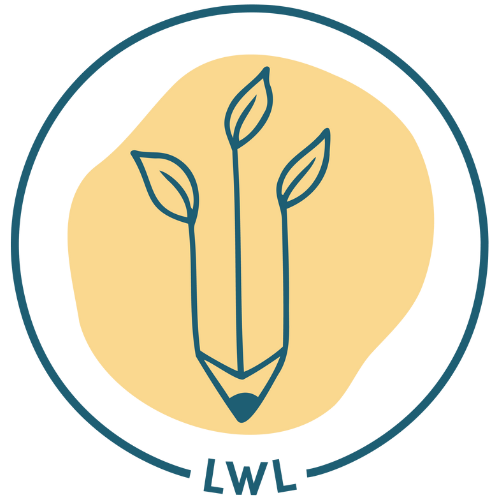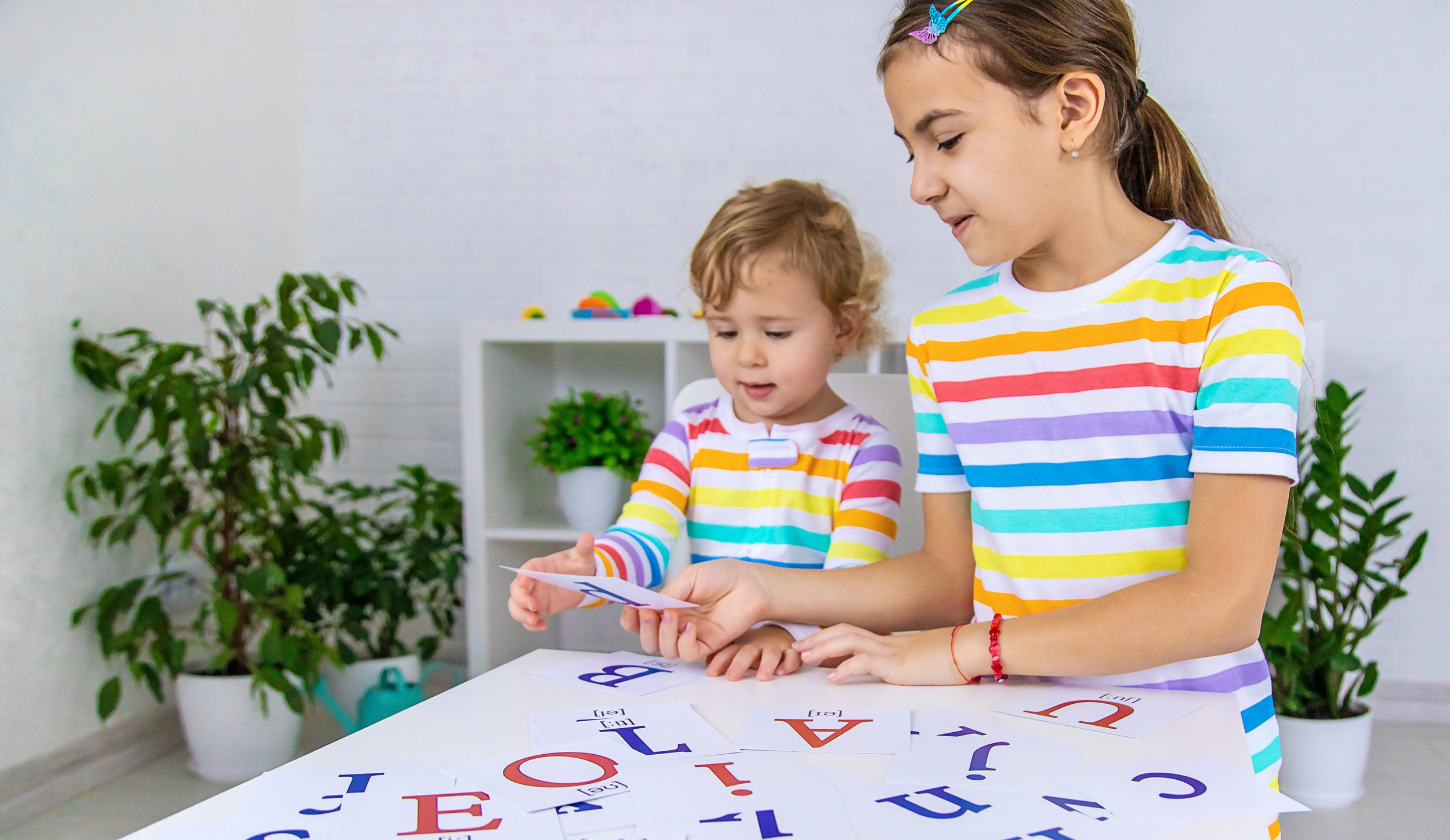Sharing Free French Resources for Elementary School Children: 16 Learning Points (LWL Beginner and French Intermediate Level)
Learning a new language can be an exciting and enriching experience for children. French, with its beautiful sounds and rich cultural heritage, is an excellent choice for young learners. In this blog post, we will explore 16 essential learning points for children studying French. These resources cover a wide range of topics, from basic vocabulary to more complex grammar concepts. Let's dive in and discover the wonderful world of French language learning!
*Please find the download link for the free French resources at the bottom of this page!
Alphabet Letters:
Learning the French alphabet is the first step towards mastering the language. Introduce children to the unique sounds and pronunciation of each letter, helping them build a strong foundation for future learning.Greetings:
Teach children common greetings such as "Comment allez-vous?" (How are you?), "Comment vas-tu?" (How are you?), and "Comment ça va?" (How's it going?). These phrases will enable them to initiate conversations and connect with French speakers.Colors:
Introduce children to the vibrant world of colors in French. Teach them the names of different colors, enabling them to describe objects and express their preferences.Fruits:
Expand children's vocabulary by teaching them the names of popular fruits in French. This topic not only enhances their language skills but also promotes healthy eating habits.Numbers:
Learn numbers in French, from counting to basic arithmetic. This foundational knowledge will help children in various aspects of daily life, such as telling time and shopping.Days of the Week:
Introduce the days of the week in French. Teach children the order of the days and their corresponding pronunciations, providing them with the ability to discuss schedules and plan activities.Weather:
Explore weather-related vocabulary in French. Teach children how to describe different weather conditions, fostering their ability to engage in weather-related conversations.Seasons:
Teach children the names of the seasons in French. Discuss the characteristics and activities associated with each season, fostering an understanding of the cyclical nature of time.Pronouns:
Introduce French pronouns, such as "je" (I), "tu" (you), and "il/elle" (he/she). Help children grasp the concept of subject pronouns and their usage in constructing sentences.Classroom Phrases:
Equip children with common French phrases used in the classroom setting. Phrases like "Puis-je aller aux toilettes?" (May I go to the restroom?) and "Je ne comprends pas" (I don't understand) will facilitate effective communication in a French learning environment.How are you today?:
Expand on greetings by teaching children how to ask "Comment ça va aujourd'hui?" (How are you today?). This phrase adds a personal touch to their conversational skills and encourages social interactions.Shapes:
Introduce children to basic shapes in French. Teach them the names of shapes like "cercle" (circle), "carré" (square), and "triangle" (triangle), fostering their spatial awareness and geometric understanding.Verbs:
Introduce common French verbs to children. From "aller" (to go) to "manger" (to eat), these verbs will help children express actions and construct sentences.Adjectives:
Expand children's vocabulary by teaching them French adjectives. Words like "grand" (tall), "petit" (small), and "beau/belle" (beautiful) allow them to describe people, objects, and experiences.Family Members:
Teach children the names of family members in French. This topic not only enhances their language skills but also promotes a sense of cultural identity and family values.Body Parts:
Introduce children to the names of body parts in French. This topic helps them develop a better understanding of their own bodies while expanding their vocabulary.
By providing children with a diverse range of French resources, we can foster their language skills and cultural appreciation. The 16 learning points mentioned in this blog post serve as a solid foundation for children embarking on their French language journey. Encourage exploration, practice, and cultural immersion to ensure an enjoyable and effective learning experience for young French learners. Bonne chance! (Good luck!)
Are you seeking additional support for your kids?
We offer high-quality French language classes aimed at helping students realize their potential. Our curriculum is designed to enhance students' language skills, cultural awareness, and communication abilities.


















